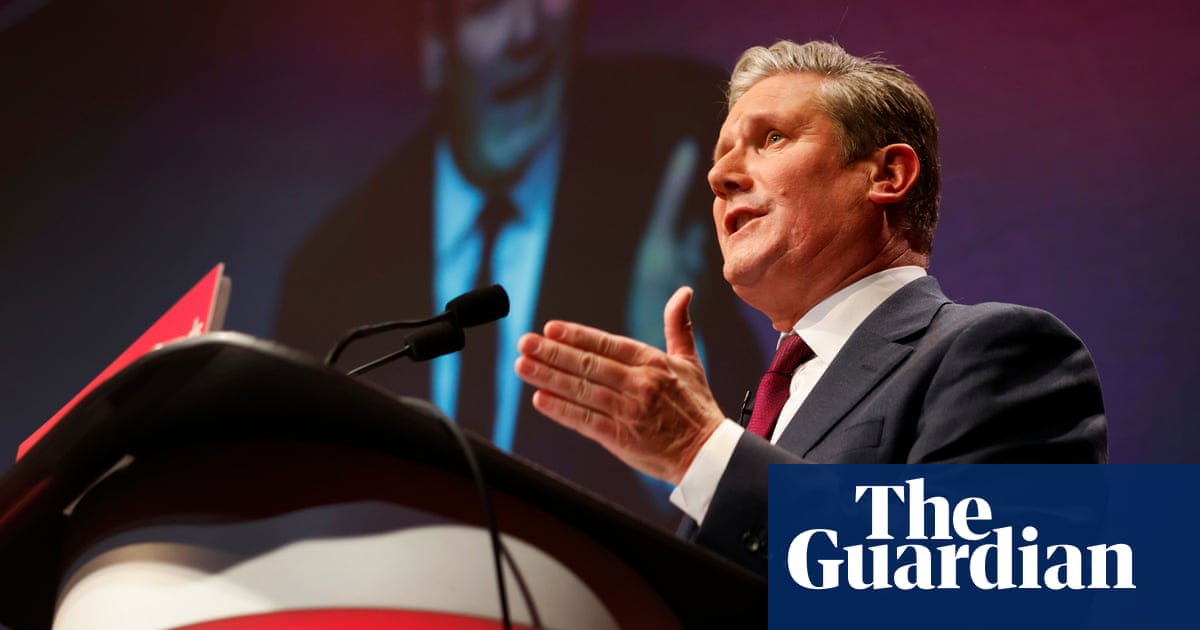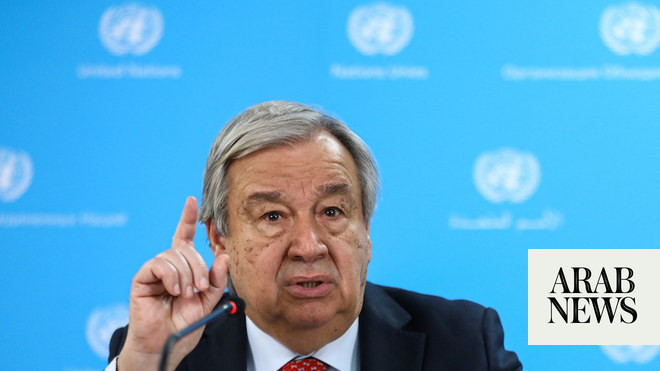
Keir Starmer has said the “fighting must stop now” in Gaza, warning Israel not to extend its military offensive to the southern city of Rafah ahead of another potential crunch point for his party over the crisis.
The Labour leader made the comments in a speech to the Scottish Labour conference in Glasgow, where he has faced renewed pressure ahead of a crucial Commons vote on Wednesday over a motion calling for an immediate ceasefire.
“I have just returned from the Munich security conference, where every conversation I had came back to the situation in Israel and Gaza and the question of what we can do practically to deliver what we all want to see – a return of all the hostages taken on 7 October, an end to the killing of innocent Palestinians, a huge scaling-up of humanitarian relief and an end to the fighting,” he said.
“Not just for now, not just for a pause, but permanently. A ceasefire that lasts. That is what must happen now. The fighting must stop now.”
In a stance that has caused deep divisions across the Labour party, Starmer has previously refused to support calls for an “immediate” end to the violence, using the more cautious phrasing of a “sustainable ceasefire”.
His speech came a day after the conference passed a motion that explicitly called for an immediate ceasefire on both sides and was endorsed by the Scottish Labour leader, Anas Sarwar, who has previously been critical of Starmer’s more cautious stance.
Labour faces another perilous vote in the Commons on Wednesday, with the Scottish National party tabling a motion calling for an immediate end to the violence. The party is desperate to avoid a repeat of last November’s significant rebellion over a similar SNP motion, when 56 Labour MPs defied the party whip to back it, with eight frontbenchers stepping down to do so, including Jess Phillips.
Calling for a return to a “genuine peace process”, with a two-state solution back on the table, Starmer told Scottish Labour members on Sunday: “The offensive threatened on Rafah – a place where 1.5 million people are now cramped together in unimaginable conditions with nowhere else for them to go – this cannot become a new theatre of war. That offensive cannot happen.”
The SNP has ramped up the pressure on Starmer, writing to backbenchers urging them to back its fresh motion.
The party’s Westminster leader, Stephen Flynn, published a letter inviting Starmer to a meeting on Monday to discuss the motion but making it “crystal clear” that the wording of the motion “must maintain the clarity of pressing for an immediate ceasefire”.
After backing calls for an immediate ceasefire on Saturday, Sarwar suggested he was willing to work with the SNP, saying its Commons motion looked “pretty decent”.
Sarwar said: “If we can send a unified message from the UK parliament, then we should take that opportunity and I hope people will engage in good faith in trying to find that unified position.”
On Sunday, David Lammy sought to play down Wednesday’s vote, arguing that party political debates in Westminster were not going to achieve peace in the region.
“Yes, we will have a vote in parliament this week,” the shadow foreign secretary said. “But it’s not that vote that will bring about a ceasefire. It’s the diplomatic action, it’s Hamas, it’s Benjamin Netanyahu, it’s partners for peace saying the fighting must now stop.”
Starmer also cautioned Scottish delegates – who appeared enthused and energised by their best-attended party conference in decades – against complacency, telling them there was still “a mountain to climb” to win back former Labour voters who had found a new political home with the SNP.
He took on the SNP leader, Humza Yousaf, whose message to voters since the new year has been that Starmer “doesn’t need Scotland to win the general election”, and that SNP MPs will “keep [Starmer] honest” on issues such as child poverty and the green-energy transition.
“No matter what the SNP say, the Tories can win the next election,” Starmer said.
Addressing wavering voters, who polling indicates will be crucial to Labour’s election results across the UK, Starmer said: “I know there will always be a debate about Scotland’s constitutional future.
“If, right now, you want a Britain that places Scotland at the heart of the Westminster debate, if you want a politics that is committed to smashing the class ceiling … then that’s the change we can deliver for Scotland.”












